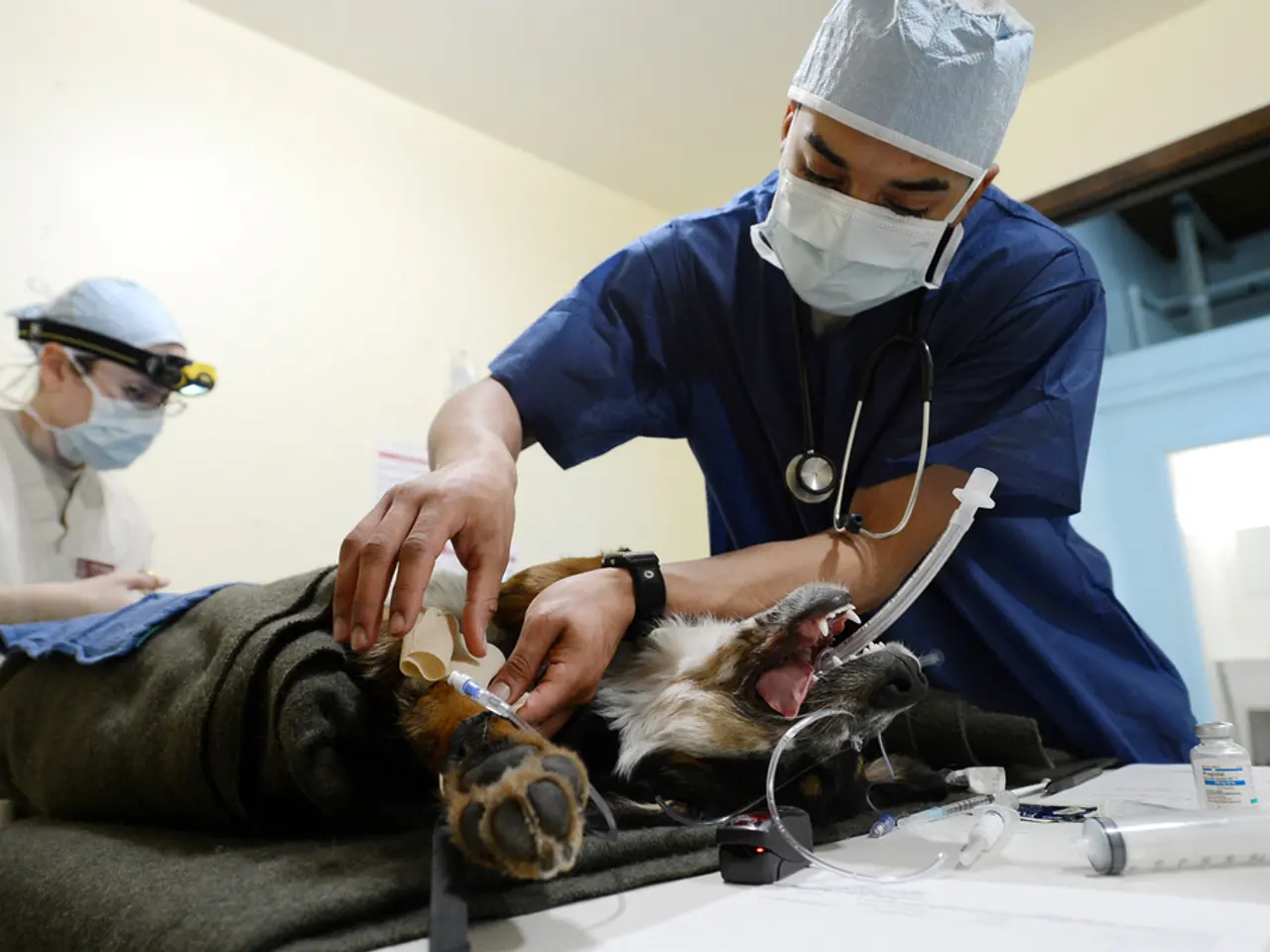Sleep Apnea: Nasal CPAP Offers Effective, Non-Surgical Relief
Sleep apnea, a common sleep disorder, is characterized by frequent pauses in breathing during sleep. It's often marked by loud snoring, gasping, and daytime fatigue. Untreated, it can lead to serious health issues. Nasal CPAP, a nonsurgical treatment, is commonly used to manage this condition.
Nasal CPAP works by providing a steady flow of air through the nose, keeping the airway open. It's suitable for individuals of all ages with obstructive sleep apnea, the most common form. The device consists of a machine and a nose mask, with the pressure adjusted to the individual's needs.
Common symptoms of sleep apnea include loud snoring, gasping or choking during sleep, daytime irritability or depression, frequent sleepiness, memory problems, morning dry mouth or sore throat, and headaches. Risk factors range from obesity and alcohol consumption to higher age and male gender. Nasal CPAP can also help infants with underdeveloped lungs breathe more easily.
While nasal CPAP is effective, it's not without potential complications. These can include runny nose, earache, sore eyes, and dry mouth. A properly fitting mask is crucial for comfort and effectiveness.
Nasal CPAP is a vital tool in managing sleep apnea, helping to prevent serious health conditions like heart attack and stroke. Despite potential side effects, it's a lifeline for many, improving sleep quality and overall health. If you suspect you have sleep apnea, consult a healthcare provider for a proper evaluation and treatment plan.
Read also:
- Americans Lose Insurance Under New Tax Legislation, Affecting 10 Million Citizens
- Pro-Life Group Condemns FDA's Approval of Generic Abortion Drug
- Trump Signs Law Defunding Planned Parenthood, Threatening Healthcare Access for Millions
- Historian Ute Frevert Explores Germans' Emotional Bond With Constitutions







